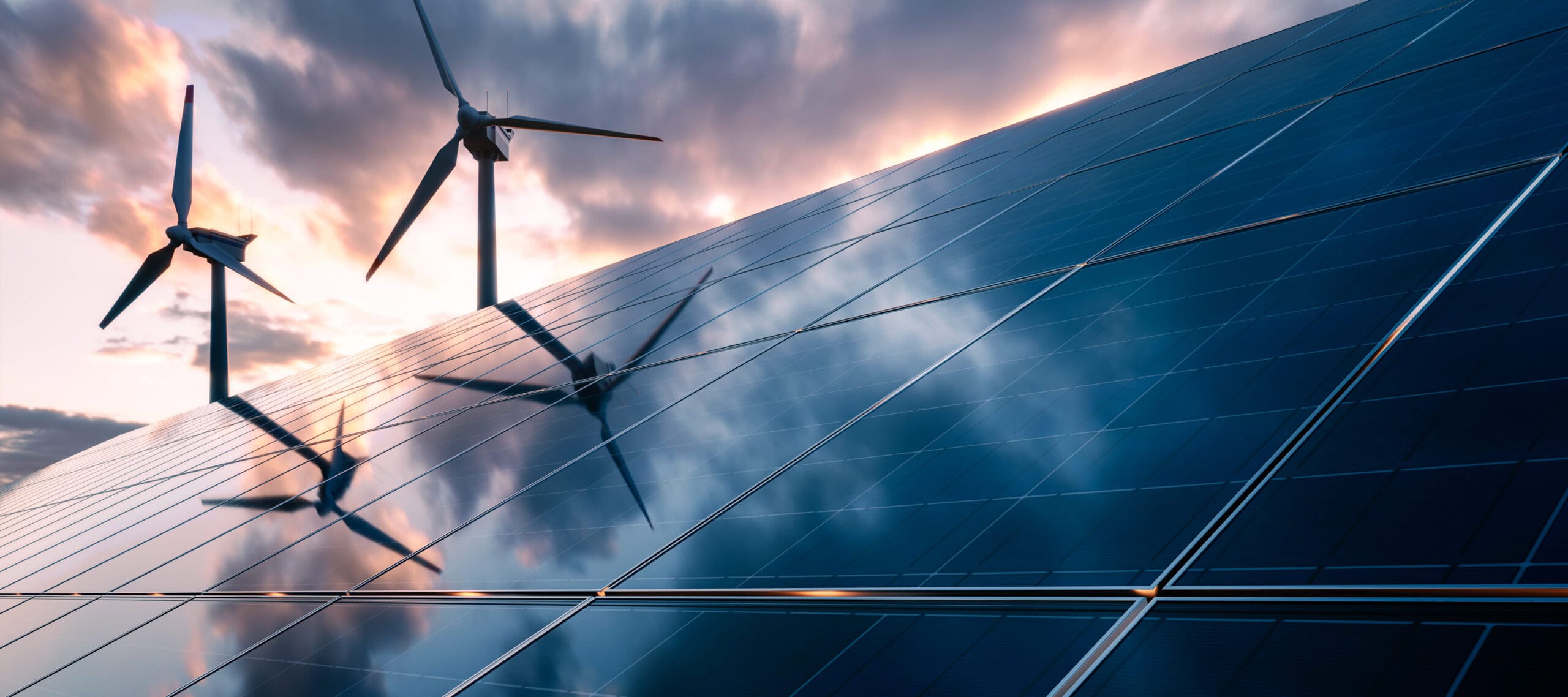On December 27th, 2022, Arera adopted the Resolution No. 727 (the „Resolution 727/2022„) by which the so-called „Testo Integrato Autoconsumo Diffuso“ (the „TIAD“ – Annex A to the Resolution 727/2022) was approved and which contains some novelties in relation to the Energy Communities.
The TIAD is applicable from the latest date between (i) March 1st, 2023 and (ii) the date of entry into force of the Decree of the Minister of the Environment and Energy Security (Ministro dell’Ambiente e della Sicurezza Energetica – MASE) which disciplines, inter alia, the definition of aspects related to the incentives for the self-consumption configurations (including Energy Communities) and which, as of today, it is not been adopted yet.
Preliminary, it is appropriate to highlight that the Resolution 727/2022 does not provide for any novelties from a „structural“ point of view of Energy Communities, confirming the amendments already introduced by the Legislative Decree 199/2021 and, in particular, the possibility that Energy Communities can utilize plants with nominal power up to 1 MW (that underlies the same primary cabin) and the rule by means of which the participation in an Energy Community can not constitute the main commercial and industrial activity for private companies.
Notwithstanding the above, the main changes introduced by Resolution 727/2022 are here below summarized:
(i) introduction of specific definitions (i.e., self-consumed electricity; self-consumed electricity per voltage level; shared electricity; electricity injected or collected for the purpose of sharing) that are relevant for the determination of the incentives;
(ii) the electricity subject to incentives shall be divided for each single plant in the event that there are several plants for which is different the time period during which the incentives are paid;
(iii) the referent person for the Energy Community (which, until now, has always been identified in the Energy Community itself) may also be another person, granted by the Energy Community with a mandate without representation for a year, tacitly renewable;
(iv) the principle set forth in Article 3 of the Legislative Decree 199/2021 is confirmed, whereby the shared electricity must be produced by plants that entered into operation after the date of entry into force of the Legislative Decree 199/21 (December 15th, 2021) as well as plants that entered into operation before the aforementioned date, provided that their total nominal capacity does not exceed the limit of 30% of the total power capacity that belongs to the Energy Community. In relation to the above, the plants described pursuant to Article 42-bis of the decree-law 162/2019 (the decree that provides for a regulation for the establishment of Energy Communities in Italy by means of a transitory regulation and that provides for the Energy Communities could serve of production plants that, inter alia, underlie the same secondary cabin and have a maximum nominal capacity equal to 200 kW) do not contribute to the achievement of the aforementioned 30% limit. It is also specified that the shared electricity may also be produced by plants operated by third-party producers (including person different from the referent person), provided that the same plants are in the availability and under the control of the Energy Community itself;
(v) the role of the GSE is regulated in relation, inter alia, to the definition of the modalities for the access to the Energy Communities and the determination of incentives. In particular, it have been regulated the GSE’s calculation methods for the electricity valorisation contribution and it is clarified that the GSE will have to adopt new technical rules containing the calculation criteria that may be necessary for the application of Resolution 727/2022 and other detailed indications (such as, for example, the modalities for the assignment of mandates, the communication to the referents, the assignment of credits, the possible return of incentives in case of early withdrawal, etc.);
(vi) it has been confirmed that the service for the self-consumption is incompatible with the so called scambio sul posto;
(vii) introduction of a novelty in relation to the identification of the perimeter of the primary cabin. More specifically, the distribution companies with primary cabins must publish on their websites the first version of the areas underlying individual primary cabins within February 28th, 2023. This version of the areas subtended by individual primary cabins shall be valid until September 30th, 2023, and shall be subject to consultation by interested people, who may submit their comments to the relevant distribution companies by May 31st, 2023. The indication of these areas is also communicated by the distribution companies to the GSE, which shall publish them on its website. The areas subtended by individual primary cabins shall, as of October 1st, 2023, be updated every two years by the relevant distribution companies in order to take into account the developments in the power grids;
(viii) introduction of the principle (to be specified in the new GSE technical rules to be adopted) that multiple renewable Energy Communities may merge into a single Energy Community.
Please contact our Lexia Energy Department for any clarification.
Marco Muscettola (Partner)
Pinella Altiero (Counsel)
Andrea Zecchini (Associate)




